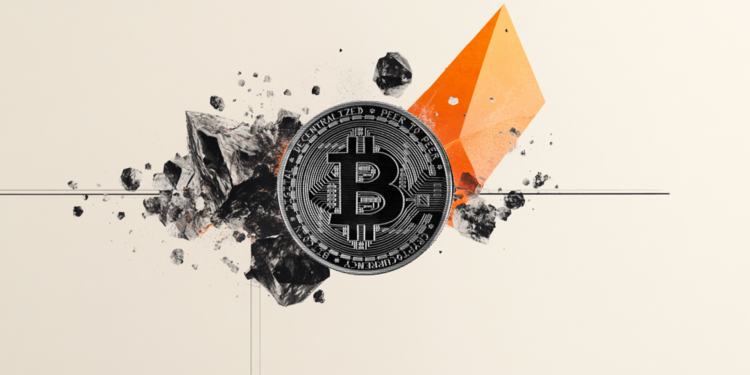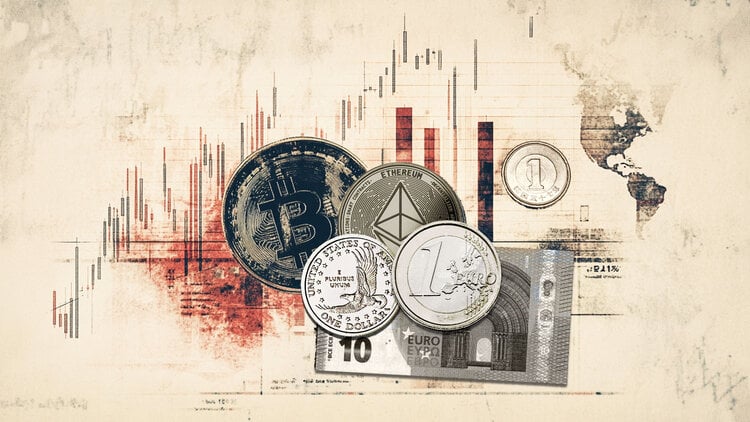“Me the new Tom Cruise? I don’t think so, but it’s so funny.” Priya Kansara on the other side of the screen laughs and plays along. Twenty-six years old, British, but with roots in India, after a cameo in Bridgertonis the protagonist of the very successful Polite Society, directed by Nida Manzoor and now in theaters for Universal. She plays an Indian girl named Raia who is passionate about martial arts who would like to become a stuntwoman and who doesn’t believe in arranged marriages even for her sister. Her stunts fill the screen but the thing she cares most about her is something else. Girls, she claims, have the right (and duty) to choose their own destiny for themselves. This is also why the comparison of her with Tom Cruise makes her smile, but Priya is aiming for something else. And Hollywood, she argues, for equality and inclusion she is starting to look ahead.
Do you feel that your character, Raia, resembles you?
«We are very similar in wanting something that can be considered different from the usual. She wants to be a stunt woman and I’ve always wanted to be an actress, which isn’t a very traditional career. We are therefore both passionate and a bit rebellious in our own way. We both worry about our family, I am very close to mine. When I was a teenager, however, I don’t think I was ever as sure of myself as Raia is. I was too worried about what other people might think of me.”
What memories do you have of that period?
“They’re all connected to London. I grew up in the north of the city and have spent my whole life there. My family still lives in the same neighborhood, I’d say I wouldn’t be able to live anywhere else.’
Raia can be considered a superheroine. What is her superpower?
“Believe in yourself one hundred percent. Having doubts about your abilities is the biggest obstacle you can have in life. Instead, standing up for what you believe in and who you care about is the most important thing. I give it my all.”
What does being independent mean to you?
“It means having the freedom to choose how to live your life. Everyone should be able to choose what defines success or happiness. Independence is my freedom of thought, the freedom to choose who I want to be and the kind of life I want to lead. In fact, I am proud to have taken part in this film that tells so many independent and strong women. It’s very inspiring to me and I believe women deserve to be represented on screen like this.”
Priya Kansara in Polite Society
And what is the value of marriage?
“I think it’s still a hotly debated topic. Being married often continues to be regarded as a social norm that must be respected. We continue to believe that women are not “complete” until they are married or that marriage must be a step to be complete. And this also applies to having children, as if women were just boxes to be filled with marriage and children. All of this is wrong and I think Polite Society you play subtly around these themes. Raia wants to save her sister from marriage because she feels that if her sister marries, she will no longer be able to do the things she loves. If she got married she wouldn’t have fulfilled her dreams, she would have betrayed herself. Obviously this is an extreme, but I think a film like this is useful. You know, if we look at Bollywood movies, big weddings are part of the culture. Getting married is a huge thing within South Asian culture.”
How important is teamwork among women?
“I find it essential. I think strong women attract others. When the pandemic broke out and the world stopped, my sisters were the people who understood me the most. Sisterhood is such an important relationship for many women because we are often misunderstood within society and especially by men, but also by people who belong to different generations than ours. Having women by your side who support you, who know in every way what it means to be a woman today, is essential. I am lucky because I can count on women who fight with me and for me. Counting on these ties is one of my great fixed points».
Still speaking of women, do you have a role model that inspires you?
“Very many. Starting from the many Bollywood actresses I grew up with. And then Michelle Yeoh and Mindy Kaling, Viola Davis. I can stand here and name hundreds and hundreds of women who watching them on the screen have literally hypnotized me with their work ethic, their great determination, their passion. And then there’s my mother, there are my aunts, my grandmothers, my cousins and my sisters, all of them».
Is this a good time to be a young actress?
“Oh my God. Yes, 10 years ago a film like this would not have been made. I remember growing up, as a teenager, thinking there was no room for actresses like me, for women like me. There might have been a black girl on the screen, but in marginal roles, and if she was there you were convinced there wasn’t enough room for you as well. In the last five or seven years, however, a lot has changed. There is much more inclusion and respect for diversity. In front of and behind the screen are new stories, new voices that were once underrepresented and unheard. I wish all of this had happened growing up, it would have been nice to see, and I hope it is for young girls today. There is still a lot to do, obviously, but I like being there in this moment, being able to be part of the change.
What are the hardest stereotypes to fight?
«Many and they must be fought, but the most important thing is to respect the different cultures. We are so proud of our origins and the complexities of being British, South Asian British, Pakistani British and Indian and all other parts of the world. For years all the stories about Muslim women spoke of oppression and terrorism, and those about South Asian women only about forced marriages. I wish there were more happy, funny stories today with these women at the center. We want to tell stories because we exist as people and therefore are full of human experiences and individual stories that would be fun and beautiful to tell. Another stereotype to break down? We feel the same emotions that men feel, even though we were told for a long time that some we couldn’t express.”
What advice would you give to a teenager in 2023?
«My advice is always the same, for anyone: be yourself. Do what you believe in, no matter what other people think. The important thing is that you take care of yourself, that you respect yourself and that you fight for your rights and your dreams. The world may still be a cruel place, especially for women, but I believe that women can change this world. So we deserve to believe in ourselves and believe in the power we have.”
Source: Vanity Fair
I’m Susan Karen, a professional writer and editor at World Stock Market. I specialize in Entertainment news, writing stories that keep readers informed on all the latest developments in the industry. With over five years of experience in creating engaging content and copywriting for various media outlets, I have grown to become an invaluable asset to any team.







